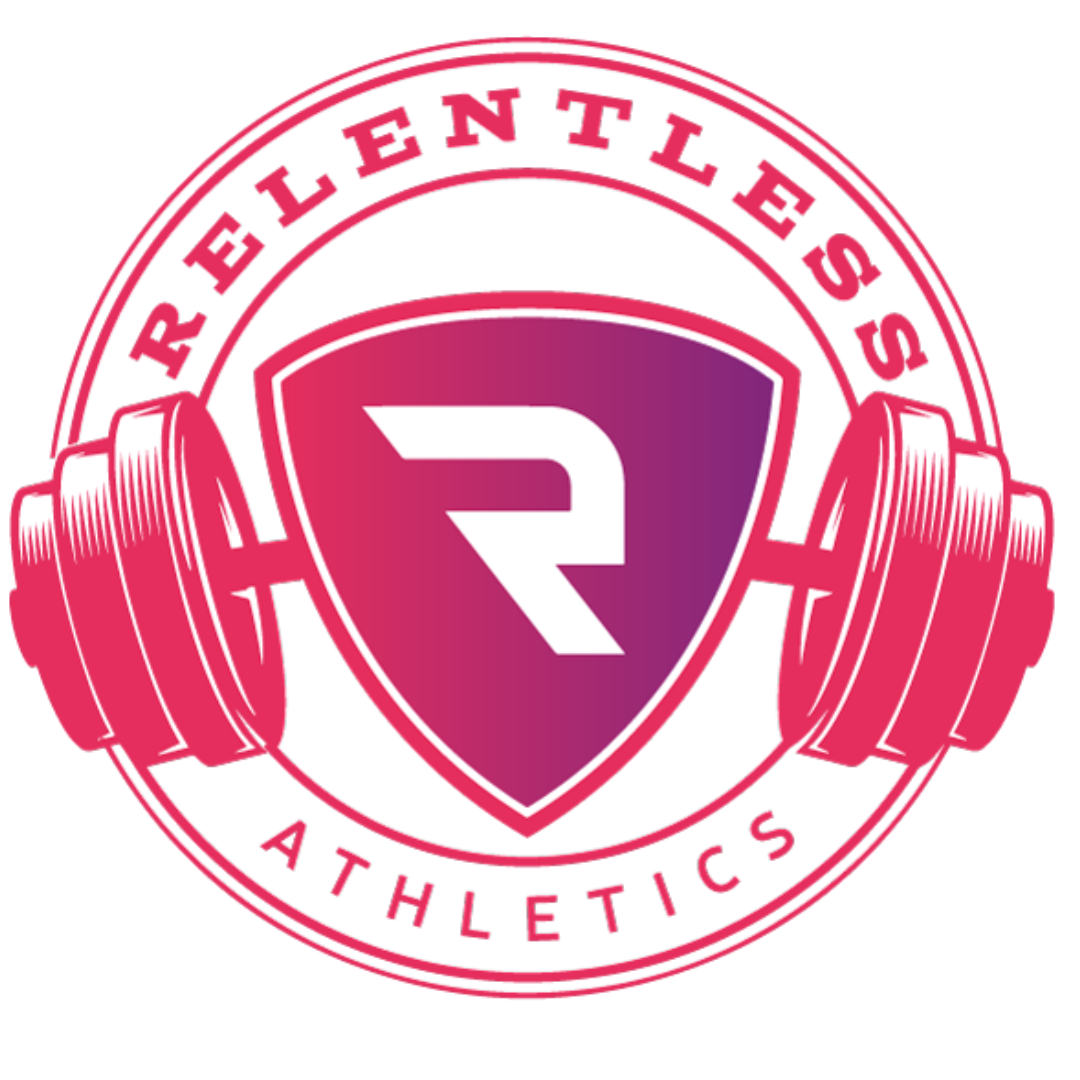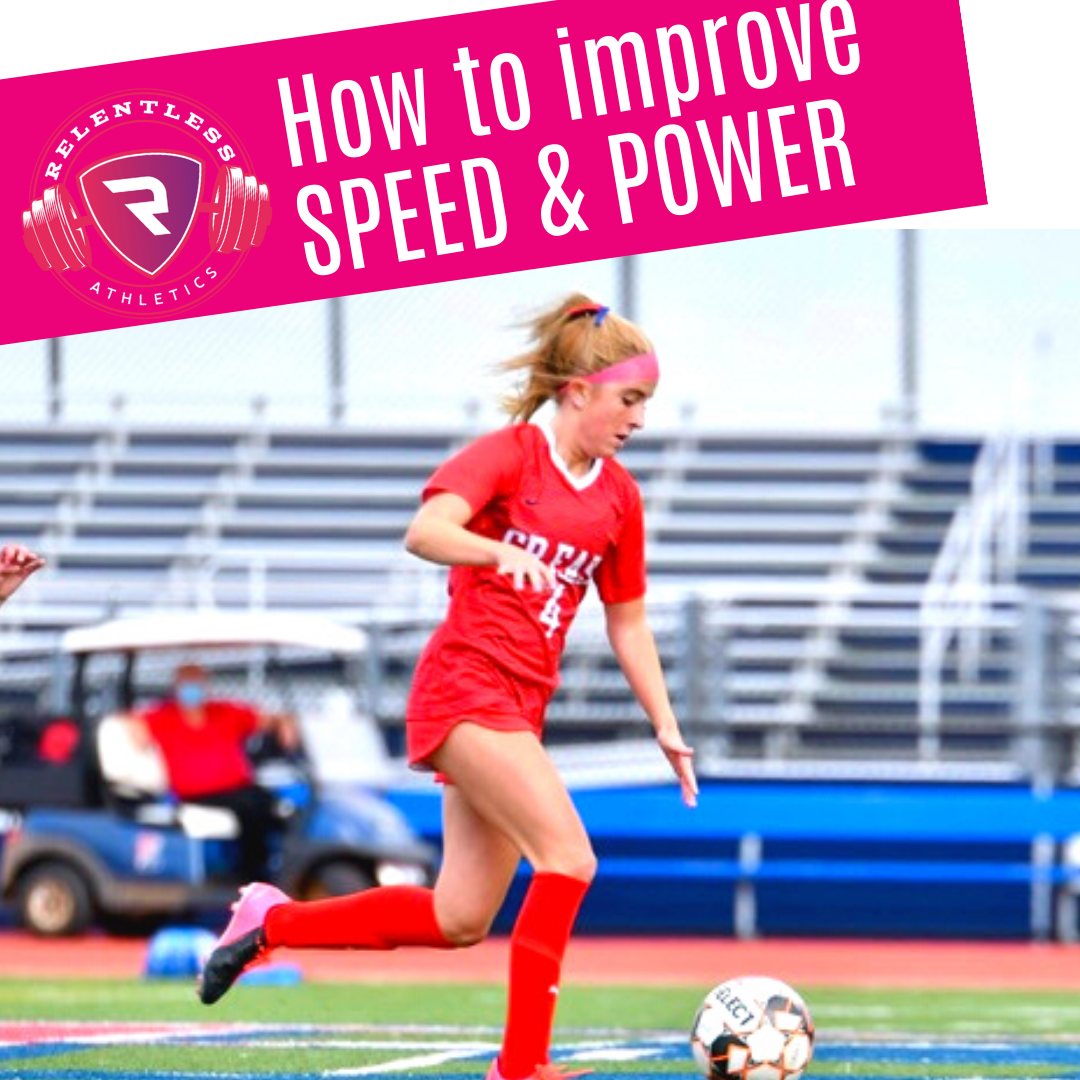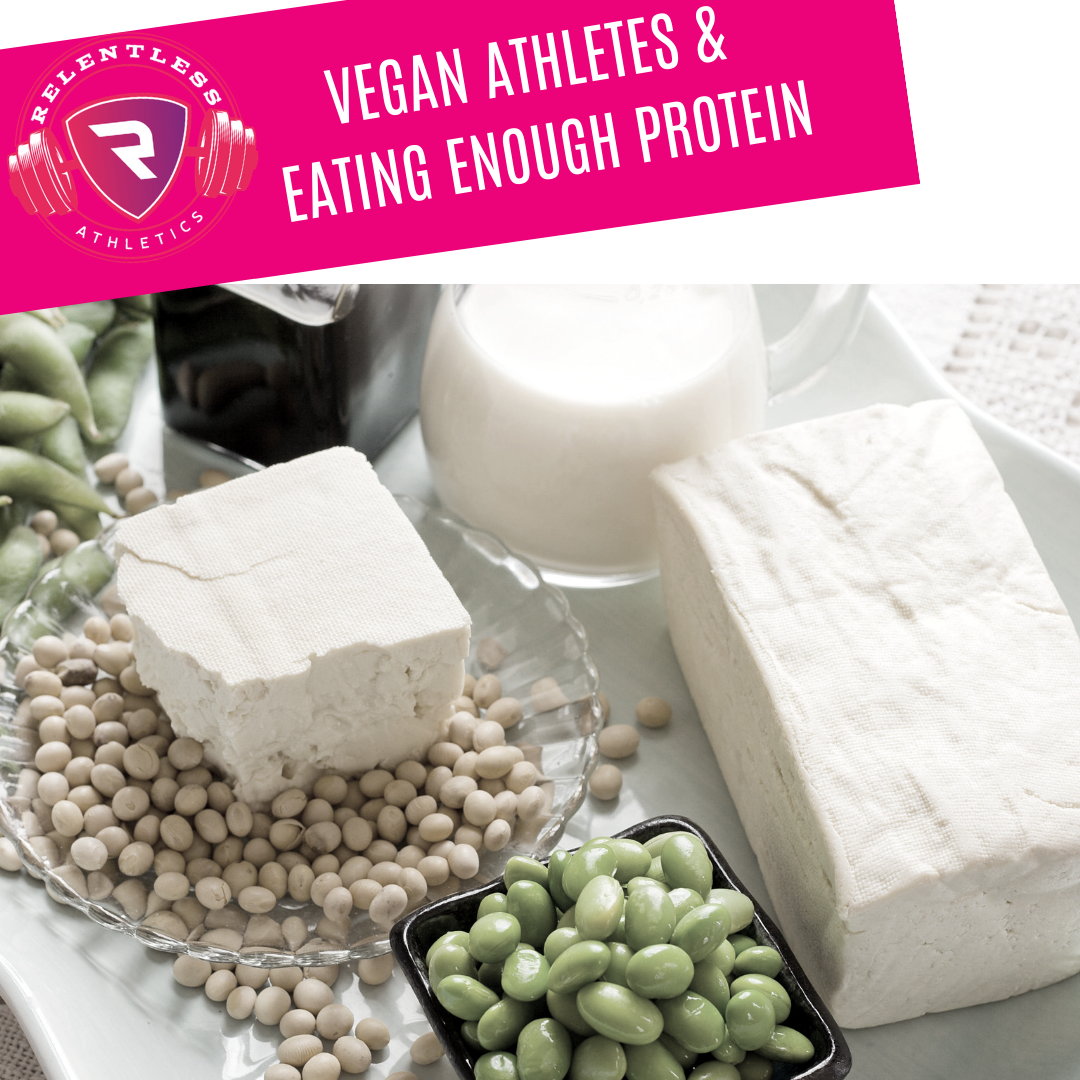Elevate Your Game with Reactive Strength
Reactive strength, the ability to swiftly generate force in response to unexpected movements or stimuli, is a game-changer for female athletes.
It's the key to explosive speed, agility, and enhanced jumping ability.
Reactive strength gives you the edge whether you're sprinting, changing direction rapidly, or aiming to jump higher.
Plyometric exercises like these Band-Assisted Depth Drop to Box Jump are an excellent movement to program for female athletes who have a baseline level of strength to benefit from this type of training!
ACL Injuries: Why FEMALES more than Males?
As a parent of a female athlete, there is a chance tearing her ACL has crossed your mind more than once.
Over the years we have heard things from Q-angles, to hormones, to the menstrual cycle phases that can all contribute.
Unfortunately, with technology there is a large stream of misinformation that is impacting your daughter’s health and performance.
Our recent intern created a great video that succinctly explains the current science behind female athletes, ACL tears, and what YOU can do to support her from experiencing this injury!
Check it out!
Protecting Your Daughter from ACL Injuries: Understanding the Factors and Importance of Training
As a parent, you want the best for your daughter, especially regarding her sports performance and well-being. One area of concern for female athletes is the risk of anterior cruciate ligament (ACL) injuries. Research has shown an increasing incidence of ACL injuries among female athletes, particularly during adolescence. To protect your daughter from these injuries, it is crucial to understand the complex factors involved and the importance of training.
This article aims to provide parents with valuable insights into ACL injuries and highlight the significance of injury prevention strategies.
Empowering Your Daughter Through Strength Training: A Guide for Parents
This post aims to give parents valuable insights into the importance of strength training for their daughters, debunk misconceptions, and empower them to support their daughters' training journey.
Key Psychological Factors in ACL Recovery for the Female Athlete
Female athletes are more likely to suffer an ACL injury than male athletes. When it comes to rehabilitation, most focus is played on physical factors. Yet fear of reinjury is the greatest reason for the failure to return to play.
This article discusses the psychological factors that have proven to play a role in the female athlete’s recovery.
The OPTIMAL frequency of skill sessions to add to your athlete's schedule
Female athletes are more likely to suffer a knee injury than male athletes(1), especially during adolescence. But WHY? And what can the female athlete do about it?
This article helps you understand the deal with female athletes and their knees and how to reduce the risk of future knee injuries!
The Ultimate Guide to Female Athletes and Knee Injuries
Female athletes are more likely to suffer a knee injury than male athletes(1), especially during adolescence. But WHY? And what can the female athlete do about it?
This article helps you understand the deal with female athletes and their knees and how to reduce the risk of future knee injuries!
How Does Nutrient Timing Affect Athletic Performance
You may have heard the word “macronutrient” being thrown around on “FitTok”, but what exactly does it mean?
The term macronutrient, often called macros, refers to the nutrients that the human body requires for energy and to maintain the body’s systems and structure. These include carbohydrates, protein, and fat.
It is ESSENTIAL for athletes to consume a ratio of all three macronutrients to ensure they reach their training goals.
How SLEEP affects sports PERFORMANCE and INCREASES the risk for sports INJURIES
Sleep is crucial especially for athletes due to the high demands of their sport.
It is often overlooked due to the lack of knowledge athletes have on the importance of sleep for recovery needed in order to play their best out on the field.
Fatigue and lack of sleep is prevalent in many female athletes because of daily stressors. It is the easiest thing that can be put on the back burner until it takes a toll on their body.
Sleeping 4-6 hours a night is NOT enough!
Read down below as we dive into the importance of sleep and how sleep deprivation affects sports performance which increases the risk of sports injuries.
How the female athlete can improve her SPEED & POWER
Many female athletes (and their parents) want their athlete to sprint FASTER, jump HIGHER, or change direction more EXPLOSIVELY
But what is the MOST EFFECTIVE training to help enhance this POWER OUTPUT?
Contrast Training is an effective modality to enhance a female athlete’s muscular qualities to allow for GREATER POWER OUTPUT
This article aims to explain how contrast training elicits an adaptive response….and what your athlete needs FIRST in order for this method to work:
It needs to be said: “playing your sport is NOT ENOUGH to avoid detraining during the sports season”.
When sport seasons start, many female athletes stray away from the weight room as sport practices and games take over their schedules. The result: DETRAINING.
“But how can my athlete detrain when she is PLAYING her sport?”
It is simple, playing sports is NOT ENOUGH to maintain improvements realized outside of the season. In fact, after 3-4 weeks away from the weight room, all of the benefits your athlete realized begin to DECREASE and return to BASELINE.
Avoiding this detraining effect is easy, but it is important to understand why maintenance training is necessary if you want your athlete to maintain her speed, power, and avoid injury during her competitive sportsseason…..
A Balancing Act: Managing Training Loads for Improved Sport Performance & Decreased Injury Risks
For a female athlete trying to improve her lacrosse game, adding another 2 nights of practice to her schedule may not actually get her the results she wants...
For a female athlete who just rolled her ankle at softball practice... taking 3 entire days off may not get her back on the field as fast as intended.
LESS IS NOT ALWAYS MORE…. and MORE IS NOT ALWAYS BETTER.
The relationship between training load, injury, and performance is much too complex to simplify in a ‘DO MORE’ or ‘DO LESS’ statement. Rather, we have to consider the bigger picture when working towards a certain sport goal.
This is where managing an athlete’s TRAINING LOAD is key to help drive performance and decrease injury risks!
So what does this mean for the female athlete’s who play HIGH volume sports?
The Science Behind Sport Specificity
“Sport Specific Training” seems to be all the rage in the sports world.
From weighted bats to banded ladder drills, the sports world has seen its fair share of “sport specific movements”.
But just because these movements LOOK like the sport, does it mean they are the most effective modalities?
What is SPORT SPECIFIC TRAINING and how SPECIFIC should female athletes get?
This article aims to BUST some myths and put some “trends” to bed for good….
The Most Effective Recovery Modalities for Female Athletes
Fatigue is a necessary response to training that helps stimulate the body to adapt and improve its fitness. Fatigue accumulated over time also is detrimental to performance and results in a degradation of sport outcomes.
The balance between recovery and fatigue is necessary to help enhance adaptive processes, improve performance, and reduce injury risks
However, not all recovery modalities have the same long term outcomes in regards to adaptation and fatigue management.
This article aims to help coaches, parents, and athletes understand the role fatigue plays in athletic performance, the role of recovery modalities, and how their implementation should DIFFER during periods of TRAINING and COMPETITION.
Too Young? Unsafe? No Time? Research Says...Young Female Athletes MUST Strength Train.
Lifting stunts growth! Lifting is dangerous! Lifting is necessary?
With more females engaging in sport than ever, overuse injuries ranging from tendonitis to stress fractures and non-contact ACL tears on the rise.
But research helps us understand although sport is not enough to prepare the youth athlete’s body for sport, she can do something else….
Balancing Sports Training & Recovery
As sports seasons commence and homework loads start to pile, female athletes are placed under massive amounts of stress.
Although some of the stressors are out of her control, there are 3 main factors she can manage that DIRECTLY influence how well she performs, recovers, and improves this season.
Read on to find out:
Do Female Athletes get ACL injuries because of their ANATOMY?
ACL tears are all too common of a trend in female athletes, especially the adolescent population. But are females more “susceptible” because of their anatomy?
Or is there much more to the story we need to consider….
This article helps explain the current science explaining the relationship between the “female” anatomy, knee valgus, training modalities, and ACL injuries.
Pasta Parties and Carb Loading
Just the idea of “carb loading” sounds too good to be true, right?!
Team “pasta parties” are often the norm before games in high school and college.
So, can a big bowl of pasta the night before a big game really increase your performance—or is there a little more to it?
Let’s take a look at what the evidence says!
Vegan Athletes: How do you stack up – PROTEIN EDITION.
“Vegans can’t be as good as non-vegans in sports.”
Is this true? And, more importantly, WHY do people make this claim?
To answer these questions, we must figure out what exactly ‘being a vegan’ entails and how protein consumption is very likely your limiting factor.
If you are a vegan athlete, this article is a MUST to understand how to ensure you are eating enough of the RIGHT type of protein you need to excel on the field or court.
NCAA and Body Shaming Regulations
This article brings to light the frequency of body shaming in collegiate female sports and the duty of the NCAA to help regulate its occurrence and deter its long term disastrous effects on athletes.
This guest post is from one of our Relentless Athletes, Callie Smith




















